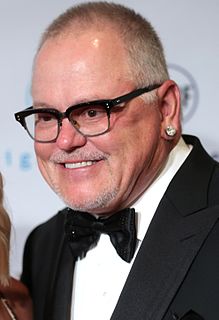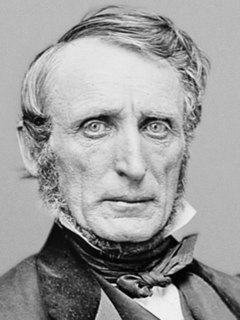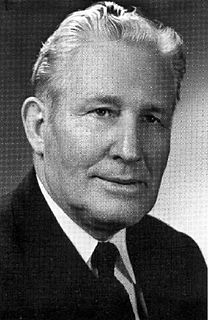A Quote by Bob Parsons
I now know that I learn by solving problems as they arise. Rarely do we learn significant lessons, or significantly improve, any other way.
Related Quotes
Solving problems is a practical skill like, let us say, swimming. We acquire any practical skill by imitation and practice. Trying to swim, you imitate what other people do with their hands and feet to keep their heads above water, and, finally, you learn to swim by practicing swimming. Trying to solve problems, you have to observe and to imitate what other people do when solving problems, and, finally, you learn to do problems by doing them.
What you learn is often determined by what you need to know. If you think you're weak, you will learn that you are strong. If you think you are indestructible, you will learn that you are fragile.
In the end though, you will learn that you are human. You are no more and no less than all those who are learning their lessons as you learn yours.
When you learn to read and write, it opens up opportunities for you to learn so many other things. When you learn to read, you can then read to learn. And it's the same thing with coding. If you learn to code, you can code to learn. Now some of the things you can learn are sort of obvious. You learn more about how computers work.
The Lean Startup isn't just about how to create a more successful entrepreneurial business, it's about what we can learn from those businesses to improve virtually everything we do. I imagine Lean Startup principles applied to government programs, to healthcare, and to solving the world's great problems. It's ultimately an answer to the question: How can we learn more quickly what works, and discard what doesn't?
Do you know how much you can learn from a mere pair of high-heels? If you don't fall, you'll learn a bit, but If you do fall, you'll learn everything. If you become successful, you'll learn a bit, but if you fail, you'll get to learn everything. Success is the dumbest teacher, not the other way around
In fantasy stories we learn to understand the differences of others, we learn compassion for those things we cannot fathom, we learn the importance of keeping our sense of wonder. The strange worlds that exist in the pages of fantastic literature teach us a tolerance of other people and places and engender an openness toward new experience. Fantasy puts the world into perspective in a way that 'realistic' literature rarely does. It is not so much an escape from the here-and-now as an expansion of each reader's horizons.
You can learn technological things, you can learn about specific things, but the real problems that people deal with in any subject, existential subjects or romantic subjects, you never learn anything. So you make a fool of yourself when you're 20, you make a fool of yourself at 40, at 60 at 80. The ancient Greeks were dealing with these problems. They screwed up all the time. People do now.


































